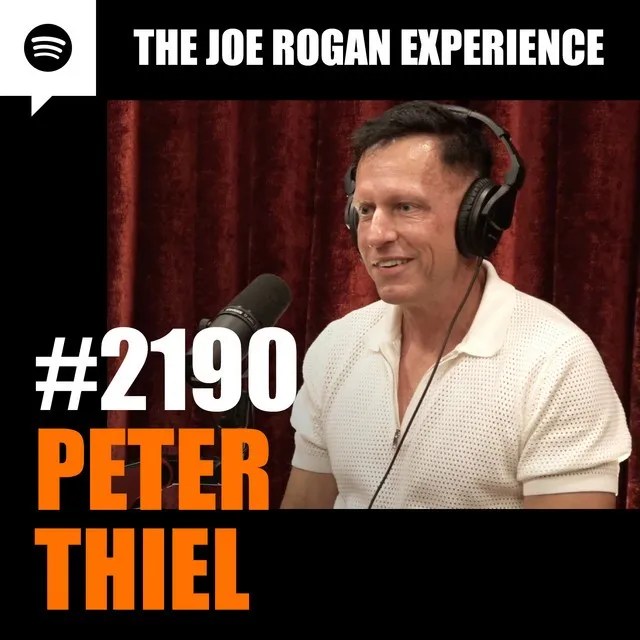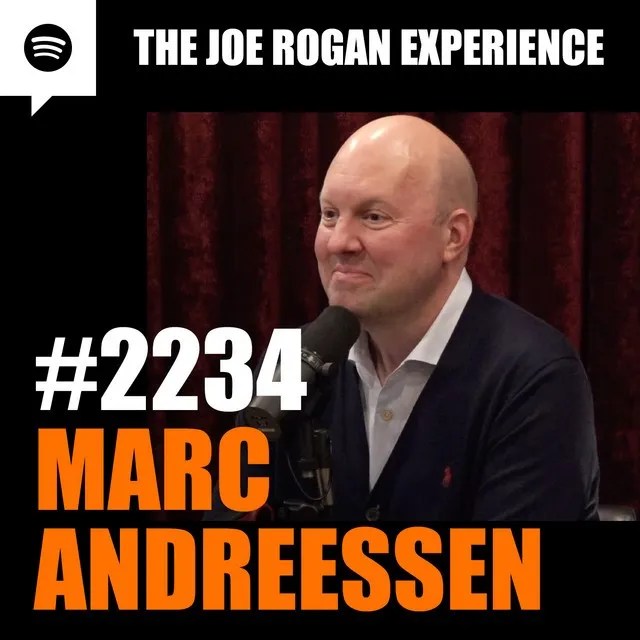Mark Zuckerberg, founder and CEO of Facebook/Meta (NASDAQ: META), recently appeared on The Joe Rogan Experience, delivering a surprising mea culpa about Facebook’s history of censorship. He acknowledged that during key moments in recent history—most notably the aftermath of the 2016 U.S. presidential election and the COVID-19 pandemic—Facebook capitulated to external pressures and suppressed free speech. From bowing to requests from the Biden administration to eliminate “inconvenient” but true information to allowing fact-checkers to morph into worldview enforcers, Zuckerberg painted a troubling picture of Silicon Valley’s descent into Orwellian gatekeeping.
title=”YouTube video player” frameborder=”0″ allow=”accelerometer; autoplay; clipboard-write; encrypted-media; gyroscope; picture-in-picture; web-share” referrerpolicy=”strict-origin-when-cross-origin” allowfullscreen=””>
Zuckerberg’s new declaration that Meta is moving toward becoming a free speech platform, inspired by Elon Musk‘s stewardship of X (formerly Twitter), should be welcomed in theory. He has even announced plans to disband Meta’s fact-checking teams entirely, signaling what could be a radical departure from the paternalistic content moderation strategies that have dominated the last 8-10 years of the social media era. The Zuckerberg of today—fresh off a newfound passion for Brazilian Jiu-Jitsu and mixed martial arts—seems to exude humility and an openness to reinvention that contrasts sharply with the stiff and awkward persona of his infamous “smoked meats” Facebook livestream days.
title=”YouTube video player” frameborder=”0″ allow=”accelerometer; autoplay; clipboard-write; encrypted-media; gyroscope; picture-in-picture; web-share” referrerpolicy=”strict-origin-when-cross-origin” allowfullscreen=””>
But the question remains: Is this pivot genuine, or is it merely savvy public relations designed to rehabilitate the battered reputation of a lifelong Democratic Party insider, donor and member of the Silicon Valley tech oligarchy?
The PR game of tech titans
If he was unique in some of his newfound libertarian streak, I’d be more convinced, but Zuckerberg is not the only tech titan attempting to rebrand with Rogan asking questions. Elon Musk has famously cast himself as a champion of free speech, claiming to rescue X from the clutches of ideological bias. Yet Musk’s company remains entangled with questionable partners, including Jack Dorsey—Twitter’s architect during some of its most censorious years—and Binance, whose global regulatory troubles hardly inspire confidence in an ethos of transparency or liberty. Similarly, Peter Thiel recently made his own rounds in the libertarian circuit, pleading with the public to overlook his deep ties to government agencies and his role in enabling financial and informational gatekeeping—plus whatever Palantir is up to that none of us are allowed to ask too many questions about!

And then there’s Marc Andreessen, who would like people to know he’s opposed to Operation Choke Point, focused on de-banking political opponents to the Obama agenda, and would really like you to forget that he was a major donor to the President who created it! Oh, and also, Donald Trump is pretty cool now that he’s going to be the President again!

For Zuckerberg, the stakes are even higher. Facebook’s reputation as a “platform for connection” has eroded under the weight of its scandals: Cambridge Analytica, rampant misinformation, and allegations of political bias. By pivoting to a free speech platform, Zuckerberg positions Meta as a potential counterweight to rising skepticism about Big Tech’s unchecked power. But this transformation requires more than rhetoric—it demands structural change.
A broken system built on walled gardens
The central flaw in both Meta’s and X’s promises of free speech is their adherence to the siloed, centralized systems that got us here in the first place. These platforms thrive on walled gardens, where user data is hoarded, algorithms are opaque, and control rests in the hands of a few executives beholden to governments, advertisers, and shareholders.
True free speech cannot exist within these constructs. As long as platforms can unilaterally throttle, ban, or amplify voices, they will remain instruments of control rather than tools of liberation. Even if Zuckerberg’s intentions are pure—a very generous assumption—he cannot simply will away the systemic vulnerabilities of centralized networks. Similarly, Musk’s vision for X as a free-speech “town square” is inherently limited by its centralized architecture and dependence on commercial interests.
The real solution: Open data and decentralized consensus
My frequent readers will ask, by this point, “Is this a Bitcoin article?”
Yes, of course it is!
If Zuckerberg and Musk are serious about enabling free speech, the solution lies not in promises, policies and fancy new perms, but in infrastructure.
The true antidote to Big Tech censorship is open-source, decentralized systems that dismantle data silos and distribute control. This means moving beyond promises and into protocols that enable universal access, where no single entity can act as the gatekeeper.
Enter scalable distributed consensus, the foundation of technologies like the BSV blockchain. Unlike traditional social media platforms, BSV offers a vision of an open, global database where identity and data are tied to cryptographic keys, empowering individuals to own and control their information. Bootstrapping a social network as an open protocol eliminates the need for centralized fact-checkers or moderators because the rules of interaction are baked into the protocol itself, not subject to the whims of executives or governments.
With tools like BitcoinSchema and its suite of open social protocols, developers and innovators can spin up competing clients interacting with shared, publicly accessible data. The liberals can filter and display content the way they like, and so can the conservatives—all in lovely blue or red if they like. However, neither side will be able to delete, firewall, or control the data in the database itself. This is not just a pipe dream—it is a working reality in the BSV ecosystem, where scalable blockchain technology allows for massive throughput and negligible transaction costs, enabling a true marketplace of ideas to flourish.
Words are not enough
Until Zuckerberg and Musk embrace these principles, their free speech pivots will remain hollow. The tools already exist to create platforms where censorship is not merely discouraged but structurally impossible. Yet neither Meta nor X has taken the necessary steps to relinquish control and empower their users. Instead, they continue profiting from centralized models that prioritize engagement metrics and advertising dollars over individual rights and freedoms.
If Zuckerberg is serious about this transformation, he should start by making Meta’s data open and interoperable, allowing third parties to build on it and challenge Meta’s dominance. Similarly, Musk should abandon X’s walled garden and adopt protocols that ensure the platform cannot silence dissent or prioritize certain voices over others. These steps would represent genuine progress, far beyond the lip service we’ve been hearing.
The choice ahead
The choice is simple, but not easy: embrace decentralization and risk disrupting the monopolistic business models that have made tech billionaires untouchable, or continue down the path of PR stunts and superficial reforms that leave the core issues unresolved. The latter path may placate some critics in the short term, but it does nothing to address the root problems of censorship, bias, and concentrated power.
Zuckerberg’s announcement may signal a shift in tone, and I’m a fan of that shift, but tone is not enough. The tools to build a better Internet exist, but they are not found in the boardrooms of Silicon Valley. They are found in the protocols and systems that prioritize openness, transparency, and decentralization over profits and control.
The real test is whether Zuckerberg, Musk, Thiel, Andreessen and their peers are willing to put their money—and their platforms—where their mouths are. Until then, we should remain skeptical of their newfound love for freedom.
Watch: Future-proof data governance with Pieter Den Dooven
title=”YouTube video player” frameborder=”0″ allow=”accelerometer; autoplay; clipboard-write; encrypted-media; gyroscope; picture-in-picture; web-share” referrerpolicy=”strict-origin-when-cross-origin” allowfullscreen=””>
Source: https://coingeek.com/true-disruption-dont-zuck-this-up-mark/